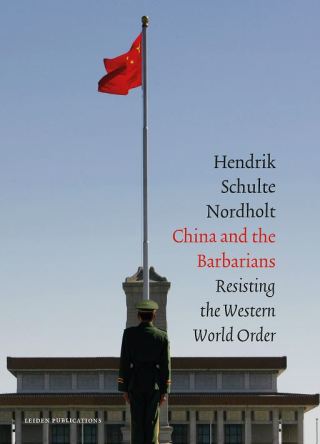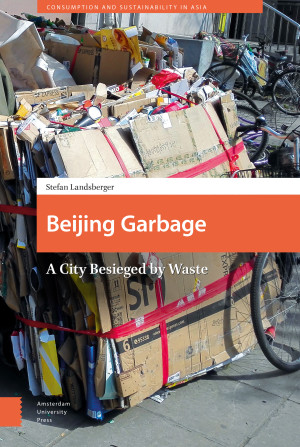"The book is a timely publication, with many valuable lessons. For anyone interested in China’s environmental governance, this publication is highly recommended."
- Jingfang Liu, Fudan University, The China Journal, Issue 87 (2022)
"Beijing Garbage is arguably one among the very first academic publications about China’s waste that examine the emergence of the O2O business model in waste trade, which is a rather recent phenomenon. The book not only lays out the organisational features of this new model of trade, but has gone further to interrogate how the model is being perceived by the end users (a.k.a., urban residents). [...] The book provides extensive and illuminating discussions on the various institutional settings through which China’s vast and diverse environment is governed."
- Shih-Yang Kao, Asian Journal of Social Science 48 (2020)

